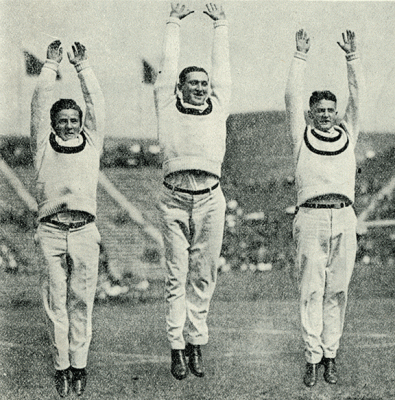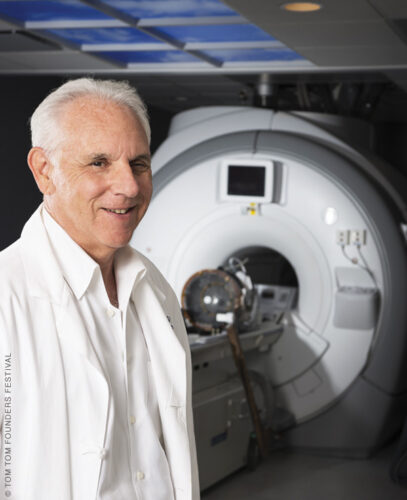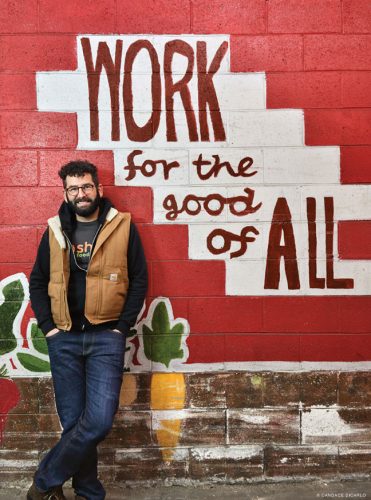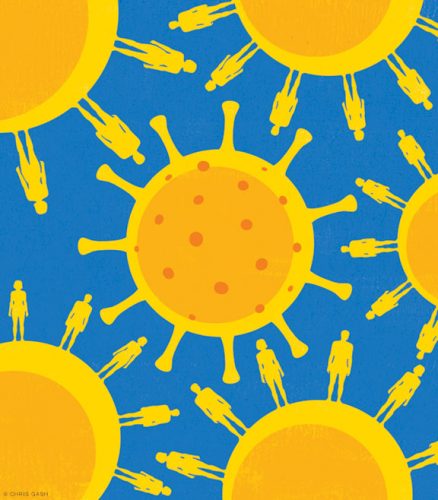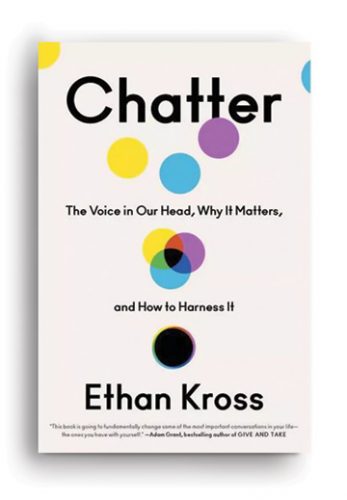Alumni Notes
Jan|Feb 2023
Obstacle Course
The Penn Athletics Wharton Leadership Academy aims to turn varsity athletes into lifelong masters of team dynamics. Among the obstacles? Snowplow parenting, youth sports, self-reinforcing gender stereotypes, and the culture of leader-worship itself. Oh, and possibly a rattlesnake or a freak mudslide.
Way Station
Among the Ukrainian refugees in southeastern Poland.
A New Vision for an Old Building
Expanded space for minority groups and cultural centers in ARCH.
Briefly Noted
July|Aug 2022
Alumni Notes
July|Aug 2022
Thinking About Ukraine
Penn faculty examine the conflict from multiple perspectives—sometimes clashing, sometimes meshing, and often thought-provoking. Plus: Mike Logsdon C’03’s photographs from Ukraine.
Letters
May|June 2022
Maintaining Focus
Neal Kassell C’68 M’72 GM’79 chairs the Focused Ultrasound Foundation.
The Hunger to End Hunger
As the head of the largest hunger relief organization in the Philadelphia region, George Matysik is passionate about rooting out food insecurity, reducing food waste, and reimagining school lunches. His work ethic and drive were molded during an unorthodox, decade-long journey through Penn.
Fraxinus americana
The loss of summer. The winter to come.
Finding a New Normal
Ezekiel Emanuel believes we need to learn to live with COVID-19—and has a plan to get us there.
Alumni Notes
Mar|Apr 2022
Homecourt Advantage
Q&A with AD Alanna Shanahan C’96 GEd’99 GrEd’15.
Princess Power
Allison Erlikhman C’09 is all about empowering Disney’s princesses.
Mind Over Chatter
The voices in your head have something to say.
Alumni Notes
Nov|Dec 2021
(Re)Introduction to US History
How two Penn professors revamped the entry-level history class for an age of instant information access and endless quarrels over the meaning of America’s past.
Alumni Notes
Sep|Oct 2021
The Raven and Rico Worl
When the United States Postal Service tapped him to design a “Forever” stamp, Rico Worl took another step in his metamorphosis from cultural anthropologist to commercial artist.

